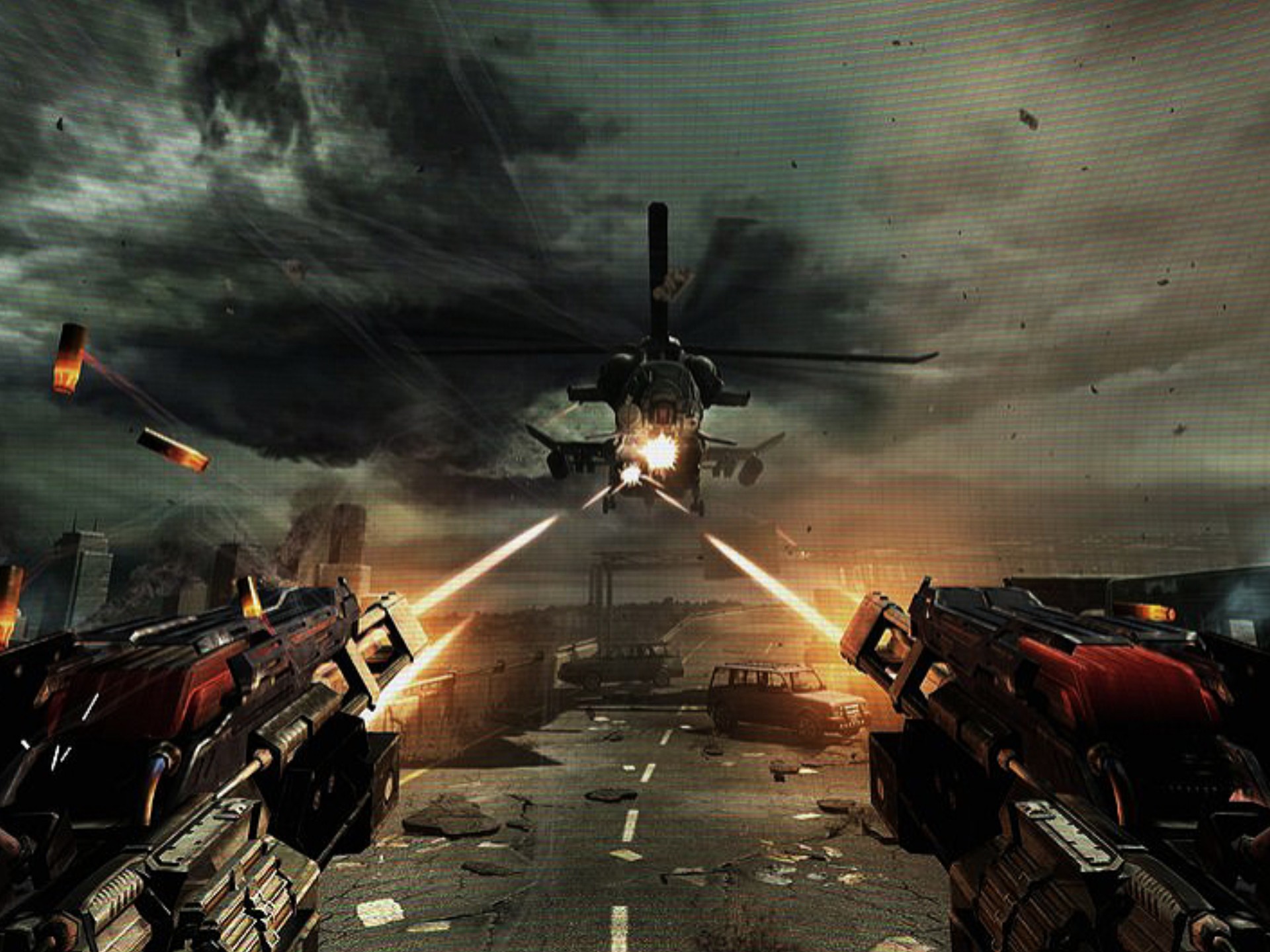The Story’s Most Clichéd Twists: Overused Tropes in Fiction
Introduction
Storytelling is an art form that thrives on creativity and surprise. However, over time, certain plot twists have become so overused that they now feel predictable rather than shocking. While some clichés remain beloved, others have lost their impact due to repetition. In this article, we’ll explore the most clichéd twists in fiction, why they persist, and how writers can breathe new life into them.
1. "It Was All a Dream"
Why It’s Cliché:
Few twists frustrate audiences more than the "it was all a dream" reveal. This trope undermines emotional investment, making the entire narrative feel inconsequential.
Examples:
- Dallas (1980s TV show) infamously erased an entire season as a dream.
- Alice in Wonderland (though justified as a surrealist tale).
How to Improve It:
Instead of dismissing events as unreal, writers can use dreams as foreshadowing or psychological exploration (e.g., Inception).
2. The Long-Lost Twin/Sibling Reveal
Why It’s Cliché:
This twist relies on coincidence rather than organic storytelling, often feeling forced.
Examples:
- The Parent Trap (harmless fun, but unrealistic).
- Soap operas frequently use secret twins for drama.
How to Improve It:
Foreshadow the sibling’s existence earlier or make their reunion meaningful beyond shock value (e.g., Game of Thrones with Jon Snow’s lineage).
3. The Villain Was the Hero’s Mentor All Along
Why It’s Cliché:
The "betrayal by a trusted figure" twist is effective but overused, especially in superhero and fantasy stories.
Examples:
- Star Wars: The Empire Strikes Back (Darth Vader’s reveal was groundbreaking, but countless imitations followed).
- Harry Potter and the Goblet of Fire (Moody’s true identity).
How to Improve It:
Subvert expectations—what if the mentor is framed as evil but is actually innocent?
4. The Fake Death
Why It’s Cliché:
Killing off a character only to bring them back later cheapens emotional stakes.
Examples:
- Sherlock Holmes (resurrected after The Final Problem).
- The Walking Dead (multiple fake-out deaths).
How to Improve It:
If a character must return, make their survival plausible and earned (e.g., Gandalf the White in Lord of the Rings).
5. The Chosen One Prophecy
Why It’s Cliché:
Destiny-based narratives remove agency, making the protagonist’s success feel predetermined.
Examples:
- Harry Potter (The Boy Who Lived).
- The Matrix (Neo as "The One").
How to Improve It:
Challenge the prophecy—what if the "chosen one" fails, or the prophecy was a lie? (The Witcher plays with this idea).
6. The Amnesiac Hero
Why It’s Cliché:
Amnesia is often used as a shortcut for mystery, but it’s become a tired trope.
Examples:
- Bourne Identity (justified but widely copied).
- Countless soap operas and video games (Final Fantasy VII’s Cloud).
How to Improve It:
Instead of full amnesia, use partial memory loss or unreliable narration (Memento).
7. The Evil Clone/Doppelgänger
Why It’s Cliché:
The "evil twin" concept is a lazy way to create conflict without depth.
Examples:
- Invasion of the Body Snatchers.
- Orphan Black (though executed well).
How to Improve It:
Make the clone morally ambiguous rather than purely evil (Blade Runner 2049).
8. The Misunderstood Monster
Why It’s Cliché:
While sympathetic villains are compelling, the "monster was good all along" twist is overdone.
Examples:
- Beauty and the Beast.
- Frankenstein’s Monster (original, but often imitated).
How to Improve It:
Instead of redeeming the monster, explore why society fears them (The Shape of Water).
9. The Last-Minute Rescue
Why It’s Cliché:
When heroes are saved at the last second every time, tension disappears.
Examples:
- Avengers: Endgame (portal scene, though epic, follows this pattern).
- Lord of the Rings: Return of the King (Eagles ex machina).
How to Improve It:
Let some losses stick—not every rescue should succeed (Game of Thrones subverted this).
10. The Love Triangle Resolution
Why It’s Cliché:
The protagonist always picks the "right" person, making the conflict feel pointless.
Examples:
- Twilight (Bella choosing Edward).
- The Hunger Games (Peeta over Gale).
How to Improve It:
Let the triangle remain unresolved or have unexpected consequences (500 Days of Summer avoids this neatly).
Conclusion: Breaking Free from Clichés
While these twists can still work if executed well, relying on them too heavily risks boring the audience. The key is to subvert expectations, add depth, or justify the trope in a fresh way.
Final Tip for Writers:
Ask yourself—does this twist serve the story, or is it just convenient? If it’s the latter, rethink it.

What’s the most overused twist you’ve encountered? Share your thoughts in the comments!
Tags: #WritingTips #Storytelling #Clichés #PlotTwists #FictionWriting #CreativeWriting #Tropes #Literature #Film #TV


















